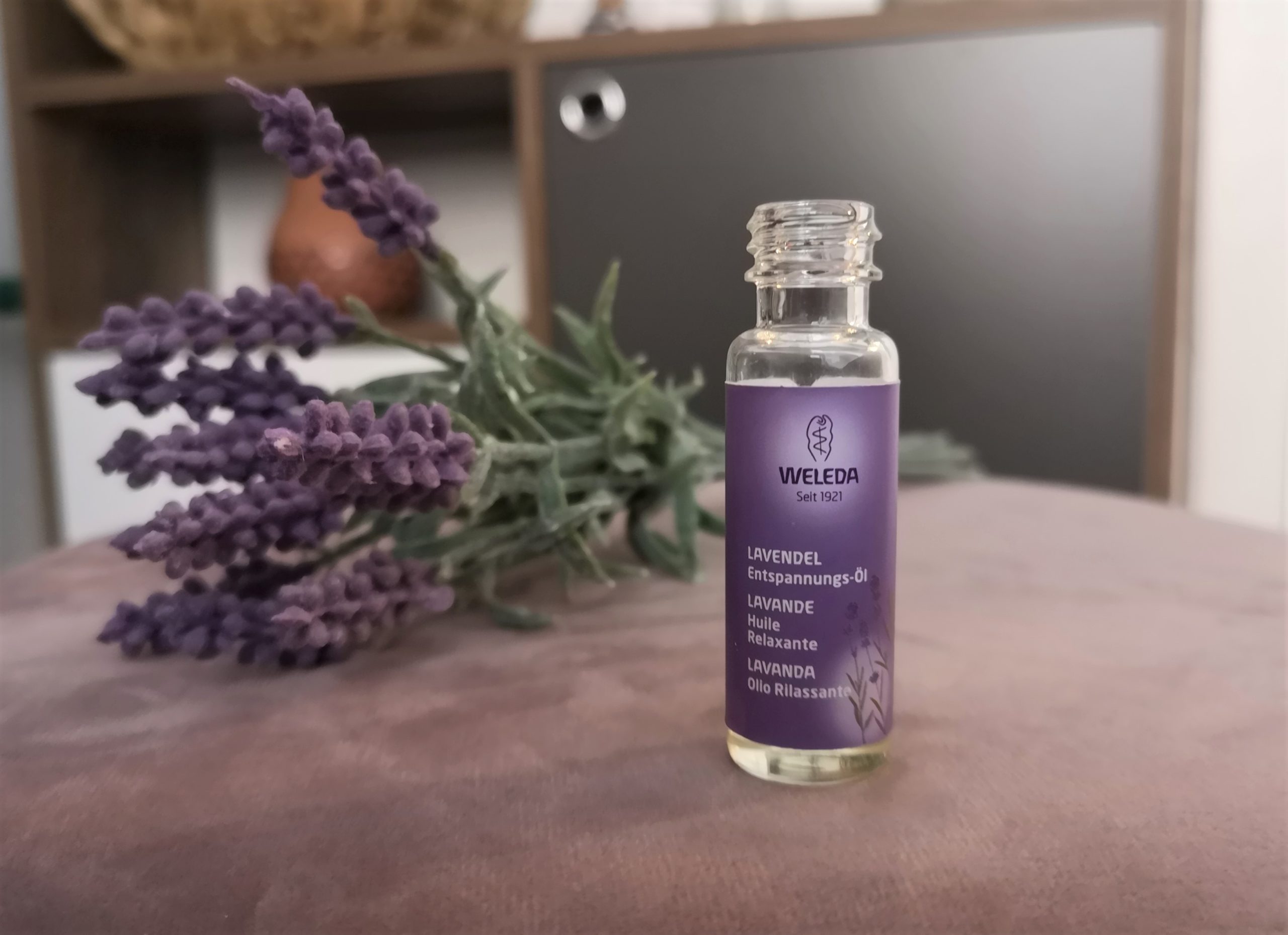Sleep. It’s something that we all need and rely on. We need sleep and we need lots of it. The longer, the better. The deeper, the better. Unfortunately, we live in a society in which many are sleeping too little due to a variety of reasons: Work, family, social obligations or health-related insomnia. However, too little or poor quality sleep affects our performance in almost all areas and leads to lower concentration and a dip in productivity, which is exactly the opposite of what we need. This cycle is vicious. Many think they can get more done if they wake up super early, but more often than not it works the opposite way. Less concentration leads to longer working hours, which in turn leads to less time for sleeping. We know that sleep is vital for our health, physically and mentally alike, since our cells rejuvenate and recreate during all phases of sleep, which is essential for us to function properly.
Good sleep depends on a variety of different factors, most of which are in our power and some of which are not. Today, I would like to give you some valuable tips on improving your sleep hygiene and environment for better sleep quality.
- Ban all electronic devices from your bedroom. I know it’s cozy and convenient to take our smart devices to bed, however, multiple studies have confirmed the negative effects they have on our sleep. Even though many devices now come with night mode functions, which circumvent the blue light many scientists associate with a lack of melatonin production, it is not advisable to have any electronic devices in our bedroom. Our smart e-friends are strong disruptors for shutting down mentally and easing into sleep. They distract us, they upset us, they excite us – basically they keep our minds actively engaged and stimulated, which is not very helpful if we want to relax and calm down before we fall asleep.
- Have a light dinner. Despite our highly individual dietary needs and preferences, it is generally recommended to have a light dinner a couple of hours before going to bed. That way, your digestion doesn’t have to work too long while you’re asleep and can shift towards cell renewal and restorative processes. Stick to easily digestible foods and avoid coffee and alcohol before bed in order to slumber peacefully.
- Do something that makes you feel good. It could be anything that calms you down and makes you feel loved, well and happy. Take a bath, read a book, write in your journal, make love, cuddle with your loved ones or anything that makes your heart smile. Rituals like these will ease your mind and settle you down, which is a great state to be in before going to bed.
- Diffuse some lavender oil. I am a huge fan of lavender oil because of its many wonderful properties. Lavender has a naturally soothing and calming effect and is often used in aroma therapy, especially when it comes to sleep disorders. I personally carry a little bottle of lavender oil with me whenever I travel and simply rub a couple of drops onto my wrist or drip some on my pillow before going to bed. It makes a whole lot of a difference and entirely changes my sleep atmosphere.

- Have a cup of passion flower tea. I’m sure you’ve heard of valerian and hop, the two most common naturopathic remedies for improving sleep. They are definitely great, but I would like to draw your attention to another plant that is less prominent. Passion flower is an amazing sleep-inducing agent. Its flavonoids and essential oils have a calming and anxiety-relieving effect on your body, which supports good sleep. I recommend a cup of passion flower tea before drifting into dream world – it has changed my sleep behavior a lot.
- Take a walk. Oftentimes, I find myself tossing and turning in bed, unable to fall asleep because my body feels too energetic still even though I am pretty tired. The reason behind this phenomenon might be that I spent the majority of my evening sitting in front of a TV and thereby not fatiguing my body at all. Going for a walk before bed will use up some of the energy and restlessness built up over the day. The fresh air will additionally oxygenate body and brain, which generally helps with falling asleep much easier.
- Journal. Journaling before bed can be a great way to lower stress levels, especially if you are worrying about a specific situation or problem. Nagging thoughts accumulate particularly at night since we are free from distraction and have time to reflect and think. Suddenly everything appears so much worse than at day time. If you are dealing with a difficult or emotional situation, try to put your thoughts on paper, just to get them sorted and organized. It will relieve you of further thinking about it and makes a huge difference in dealing with whatever’s on your mind. If you’d like to learn more about the positive effects of journaling, check out my blog post An Ode to My Diary.
- Meditate. My last advice for improving your sleep hygiene is to include meditation in your routine. Breathing through your emotions and settling down will leave you at ease and create a peaceful space in your mind. Meditation has been scientifically proven to positively impact our cells and change our DNA. It can prevent us from stress-related diseases, improve relationships, habits, diet and, who would have thought, sleep quality.



Leave a Reply